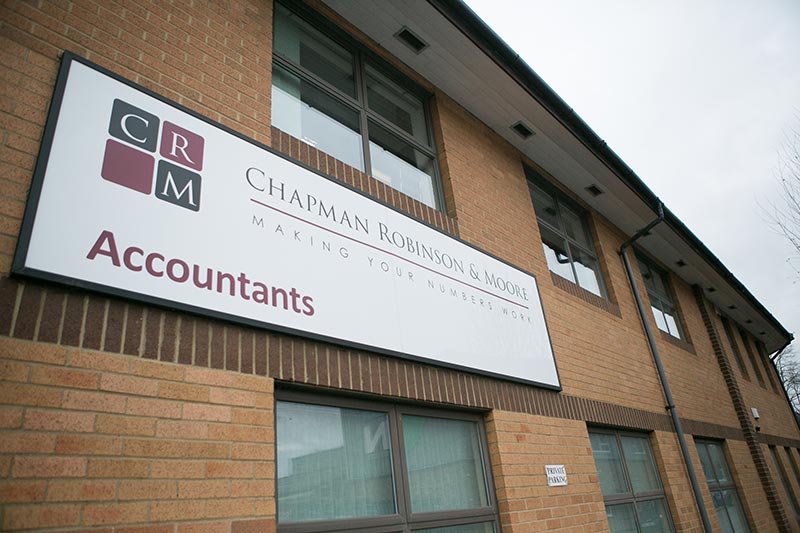HMRC has issued updated guidance to employers in relation to expenses and scale rate payments for subsistence and incidental overnight expenses. These changes to its Employment Income Manual accompany the publication of tables of benchmark scale rates that employers can use to reimburse accommodation and subsistence expenses incurred by employees who have to travel outside the UK
Allowances
There is generally a difference for tax purposes between a round sum expenses allowance and a scale rate payment:
· A round sum expenses allowance is an allowance which is paid to an employee irrespective of whether he or she spends it or not in a particular way, and is taxed as earnings.
· A scale rate payment is a payment made as a reimbursement of expenditure actually incurred by an employee and this is tax free in the employee’s hands.
However, not all round sum expense allowances are taxable, which does devalue the definitions above, which are from the Employment Income Manual.
Tax-free round sum incidental overnight expenses
Employers may reimburse employees for incidental expenses when they stay overnight for work purposes, for example for newspapers, laundry or phone calls home. For the employee, these expenses are not incurred necessarily in performing the duties of the employment, and so do not qualify for tax relief, however employers may nevertheless reimburse such incidental expenses, free of tax and NICs at the following rates:
· £5 per night for overnight stays in the UK
· £10 per night for overnight stays outside the UK (but see new guidance below)
If a payment is made that exceeds these limits, the whole of the payment becomes taxable and not just the excess. The limit is applied to the whole of the period that the employee spends away from home and not to each night separately.
Tax-free round sum home working allowances
Employers may pay £2 per week to employees who have a home working requirement, to cover the costs of extra household expenses.
Tax-free round sum flat rate deductions
A large number of different occupations are entitled to flat deductions – normally for cleaning of uniforms or working clothes.
Tax-free round sum mileage allowances
Employers may reimburse employees for mileage according to the approved mileage allowance payments scheme.
Scale rate payments
This type of payment will normally be tax-free as it will reimburse a business expense. HMRC suggest that scale rate payments by employers to employees are only appropriate for expenses which are widely incurred, in broadly similar amounts, but for which it is often difficult to get receipts. For example subsistence, or the expenses of cleaning uniforms or protective clothing.
New guidance on subsistence claims
The new guidance starts at EIM05200, re-writing the scale rate page and suggesting a method whereby employers can reduce the task of checking employee claims, and also reduce employee time in compiling those claims. This guidance will apply to any expense that is suited to reimbursement on a scale rate (see above).
Sampling
HMRC accepts that it is impractical for some employers to obtain evidence of expenditure incurred by every one of their mobile employees. To make it easier, they say that an employer can agree a scale rate payment to make across the board by taking the results from an employee expense sample:
· 10% of employees are chosen at random
· each keeps full expenses for one month (i.e. subsistence/cleaning/clothing costs)
· these expenses are then used as the basis calculating the scale rate paid to all similar employees.
Employers will have to be able to satisfy HMRC that their 10% sample really is a random one – for example, every 10th name from an alphabetical list of the employees concerned. HMRC will accept the evidence produced by such a random sampling exercise as the basis for agreeing the amount of the employer’s scale rate subsistence payment.
For the avoidance of doubt, it is not necessary for all eligible employees to keep evidence of their expenses for a month. Evidence need only be kept by the 10% of employees who are randomly selected to take part in the sampling exercise.
Allowable UK subsistence expenses
HMRC say that they do not consider that the cost of a packed lunch prepared at home from items purchased as part of the employee’s ordinary domestic shopping arrangements, or other food brought from home are allowable expenses for the purposes of the scale rate reimbursement. However, the cost of sandwiches, etc, bought on the way to a temporary workplace can be included.
Benchmark scale rates when abroad
HMRC has also just published tables of benchmark scale rates that employers can use to reimburse accommodation and subsistence expenses incurred by employees who have to travel outside the UK. The tables list benchmark rates for a wide range of countries and regions and can be found at.
The tables provide:
· a ‘room rate’ per night
· a ‘subsistence only rate’. This figure is intended to cover the total cost of meals in a period of 24 hours, plus the cost of daily travel between the employee’s hotel and office
· a ‘24 hour rate’. This is the sum of the ‘room rate’ and the ‘subsistence only rate’
· an ‘over 10 hour rate’, which is intended to cover subsistence expenses for any period of more than 10 but less than 24 hours
· an ‘over 5 hour rate’, which is intended to cover subsistence expenses for any period of more than 5 but less than 10 hours.
Where benchmark rates are not available, the table shows ‘ACTUALS + £4 PER DAY’. Employers may reimburse their employees’ actual accommodation and subsistence expenses, plus £4 per day to cover hotel-to-office travelling expenses.
The benchmark rates do not cover incidental but allowable expenses that employees may incur en route – for example, travel. Employers who use the benchmark rates may reimburse other expenses separately, in addition to paying the benchmark rates.

